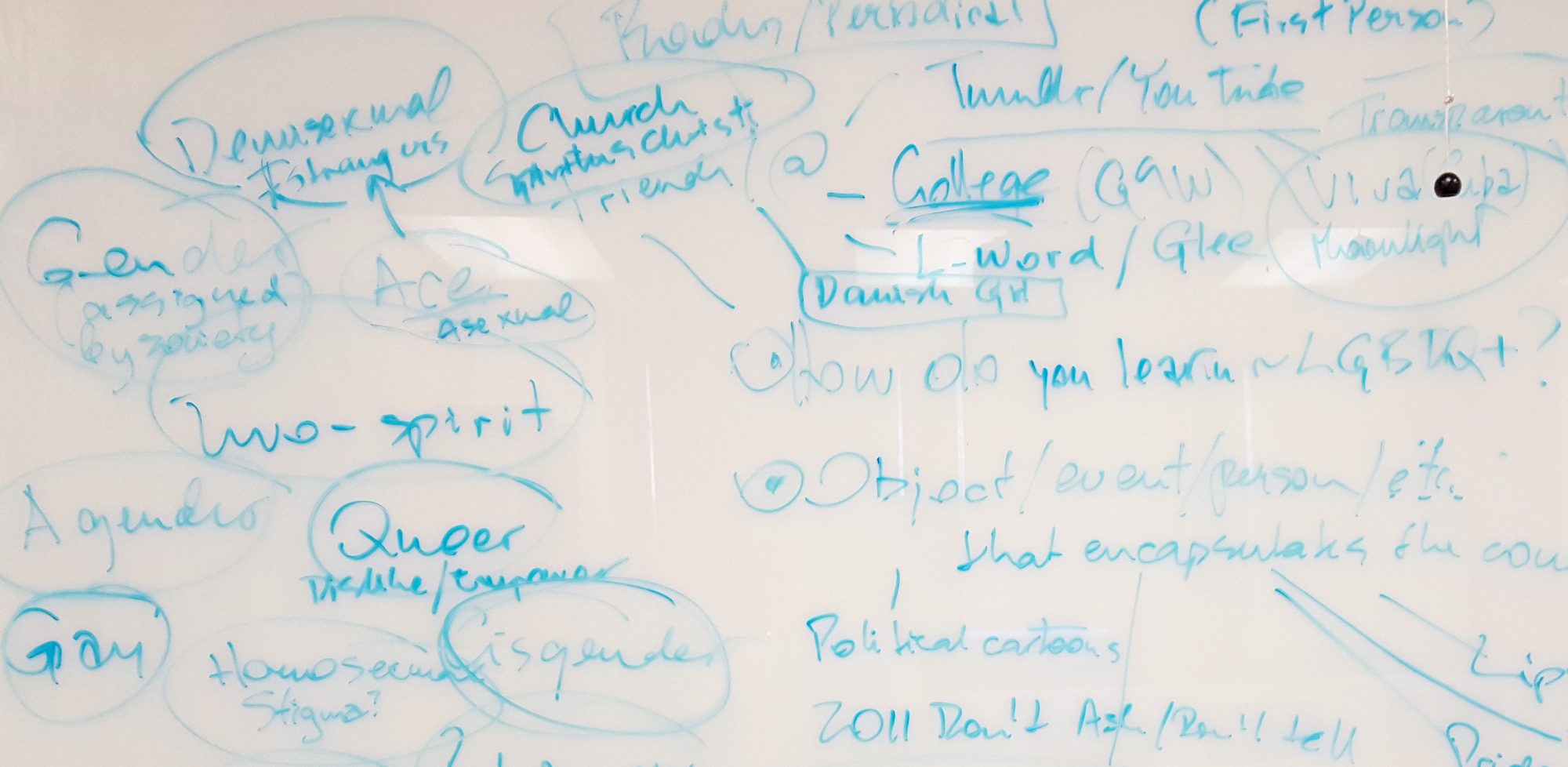The Campus Times has apparently been a place to vent anger over the school’s oppressive systems for longer than I thought, with several editorial columns about such issues even back in the 1970s. I was particularly intrigued by a few articles from May 1971 decrying Eastman Dean Flora Burton’s homophobic policies. These articles were harshly critical both of Dean Burton’s threatening of students discovered to be having gay sex, and of the administration’s refusal to respond to these allegations. My impression had always been that this was not the kind of issue that earned a place in newspapers any time before the past two decades or so, and it was surprising to me to learn not only that it was talked about, but that people were able to be so vocal about it. I also thought it was very relevant to current events on campus—protests against racism, the sexual harrassment lawsuits, and so on—where we STILL see the administration’s refusal to enact actual beneficial change in response. If anything could be found, I would want to include with these something indicating whether any changes came about after these articles, or if the administration’s inactivity was just as pervasive back then.
Lack of inclusion is something that I, as a non-binary person, notice almost constantly in my everyday life. Our language is so deeply coded with binary-gendered speech that this exclusion is essentially unavoidable. I am always particularly aware of phrases people use that are meant to address everyone in an audience, but still depend on gender divisions—for example, when a crowd is addressed as “ladies and gentlemen,” or when the members of a group are spoken of as “brothers and sisters.” Even spaces where the existence of non-binary people is recognized frequently use expressions like these. Just the other day, I saw an intersectional feminist page comment about “support for our black brothers and sisters,” yet also posting about issues for non-binary people, which blatantly ignores that non-binary people of color do exist. This exclusion, of course, is only one part of it; beyond that there are issues of pronouns, “polite” terms of address (which are usually limited to “sir” or “ma’am”), and the fact that Hylan building has a small bathroom on each of its 11 floors and all of them are gendered.
